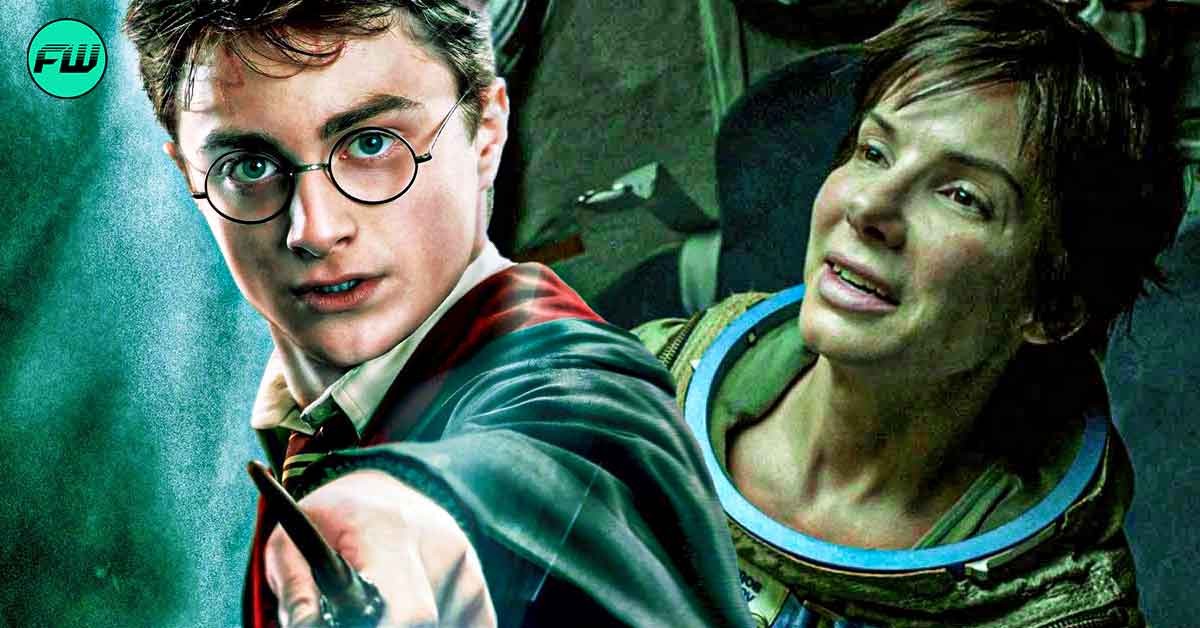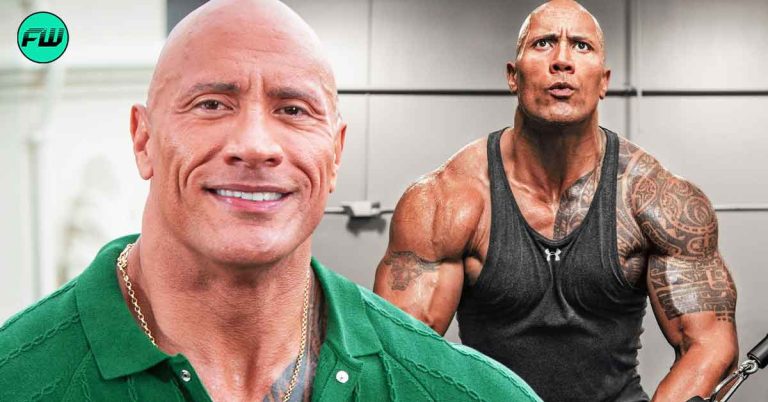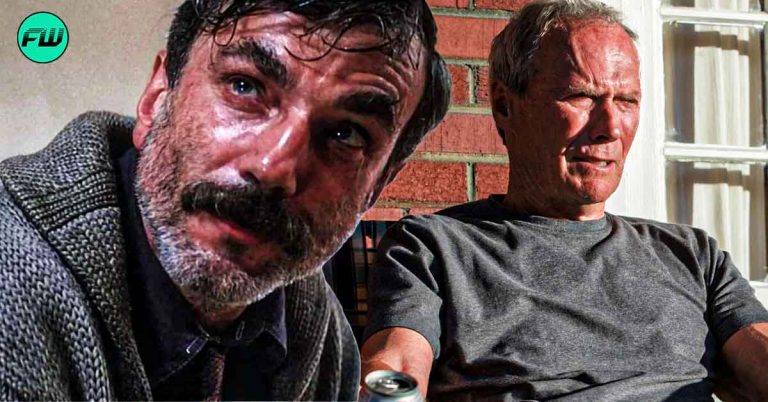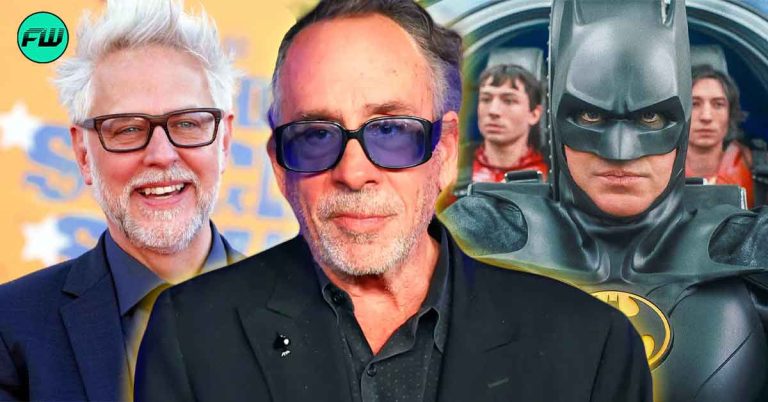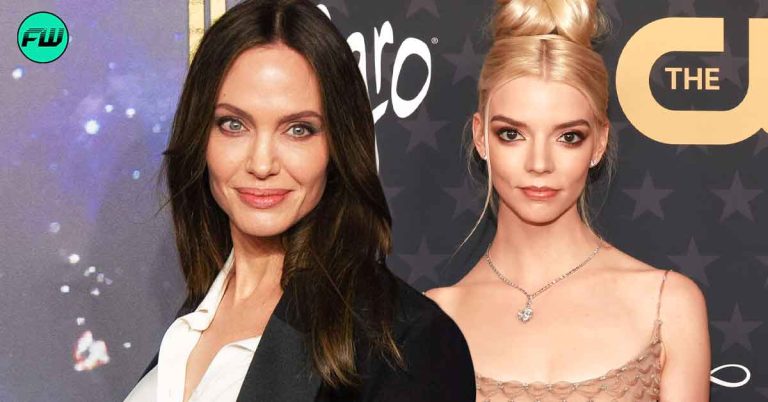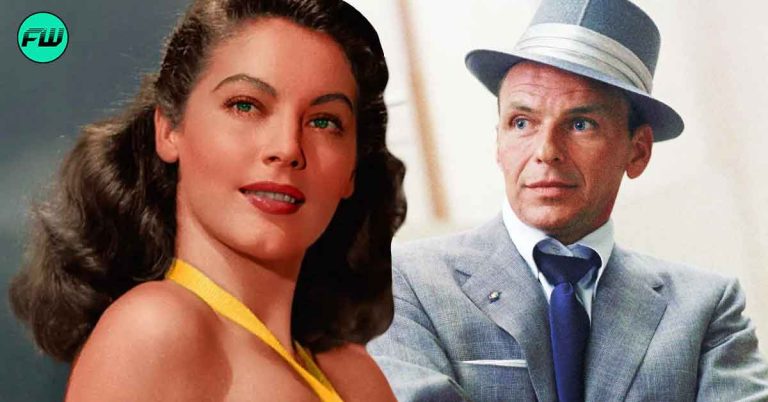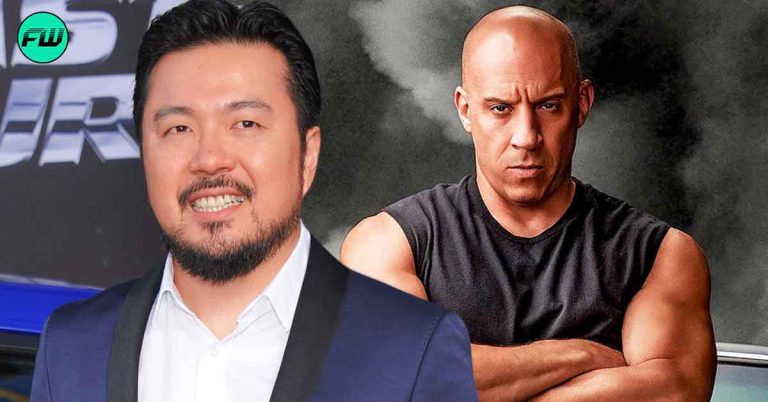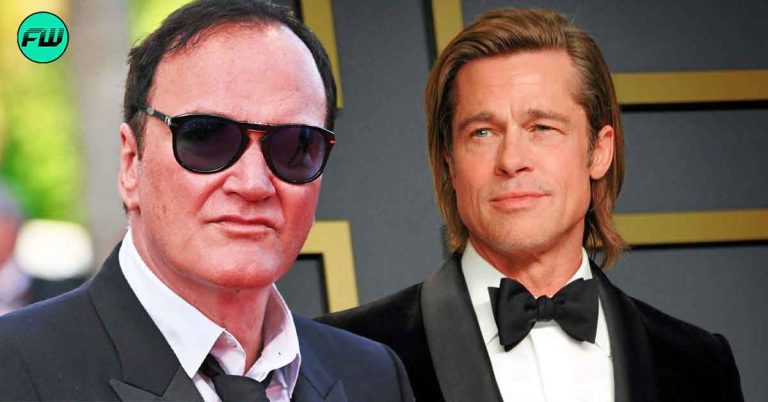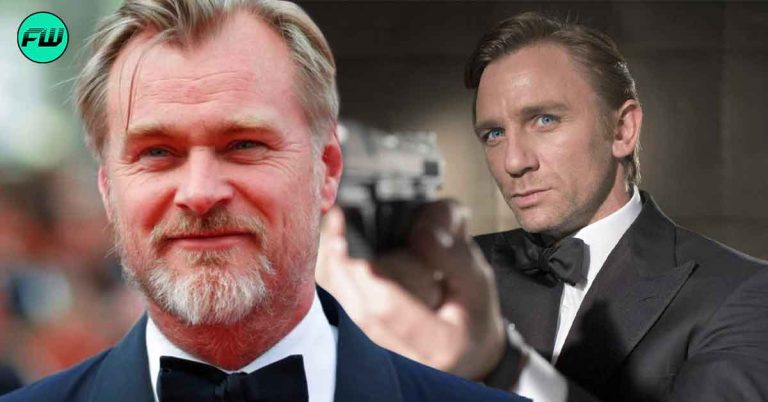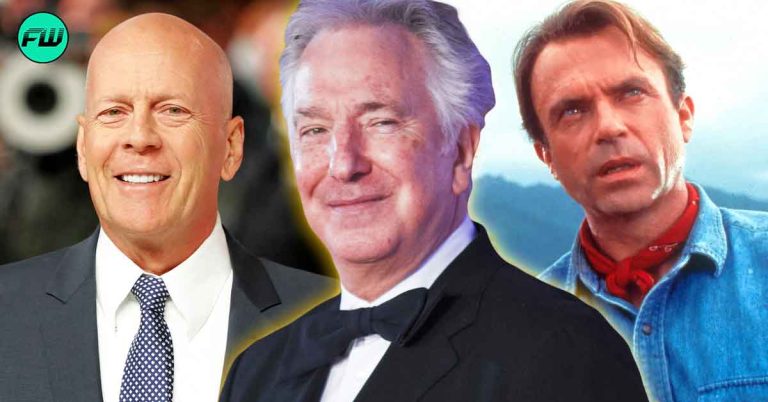For many, Harry Potter remains a franchise that shaped their childhood or teenage years. Accompanied by other multimedia and spin-off endeavors, the highly-revered books and movies have influenced much of popular culture. Its unparalleled importance has a considerable foothold even in today’s society, evidenced by people’s constant yearning to relive the series’ magical nostalgia.
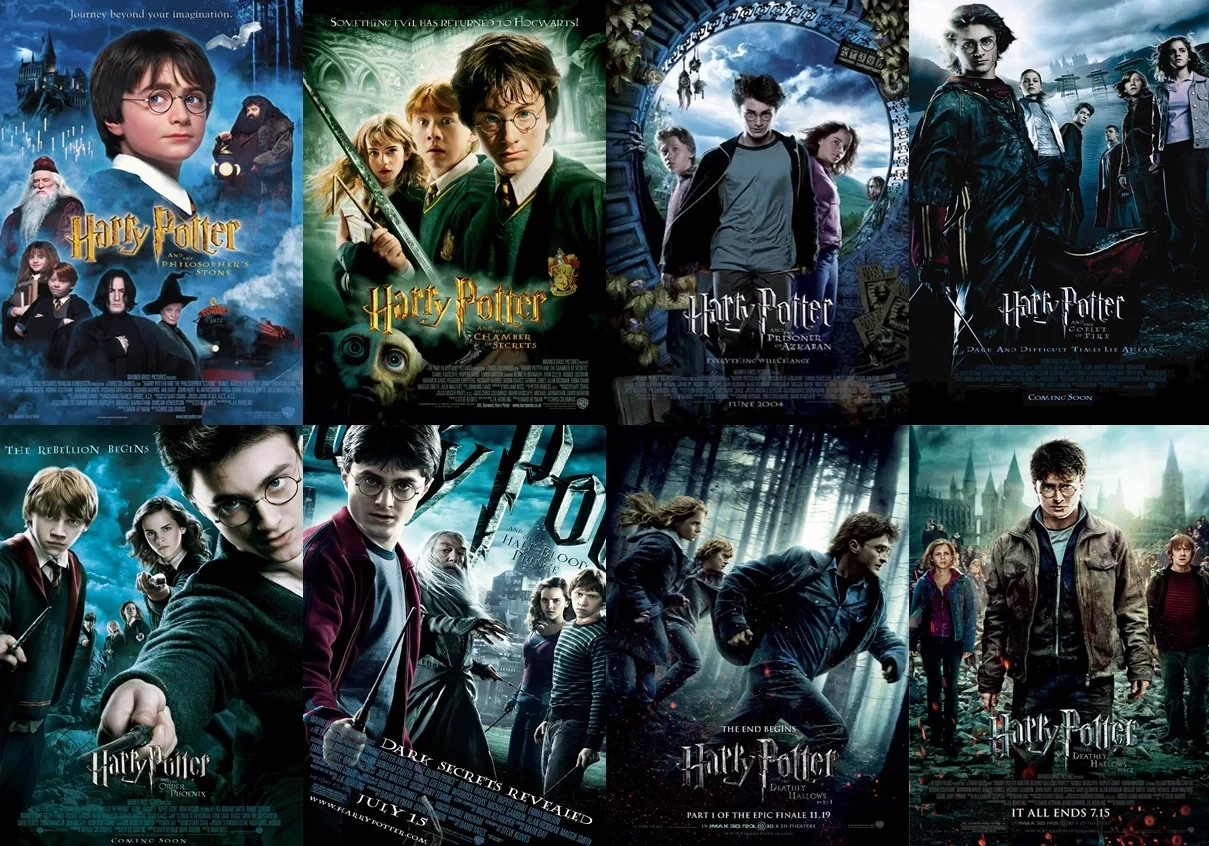
It has been over a decade since the last film in the series, Harry Potter and the Deathly Hallows: Part 2, was released in 2011. The conclusion of the saga led reviewers and fans to reexamine the overarching storyline several times. Such analysis subsequently prompted many to admire the franchise’s daring moves, whether in terms of plot or production.
Many fans were skeptical when Alfonso Cuarón was hired to helm the third installment in Chris Columbus’ place. But this was one of the many bold choices that eventually contributed to the series’ sustained popularity.
Chris Columbus Chose To Step Down From Directing Harry Potter
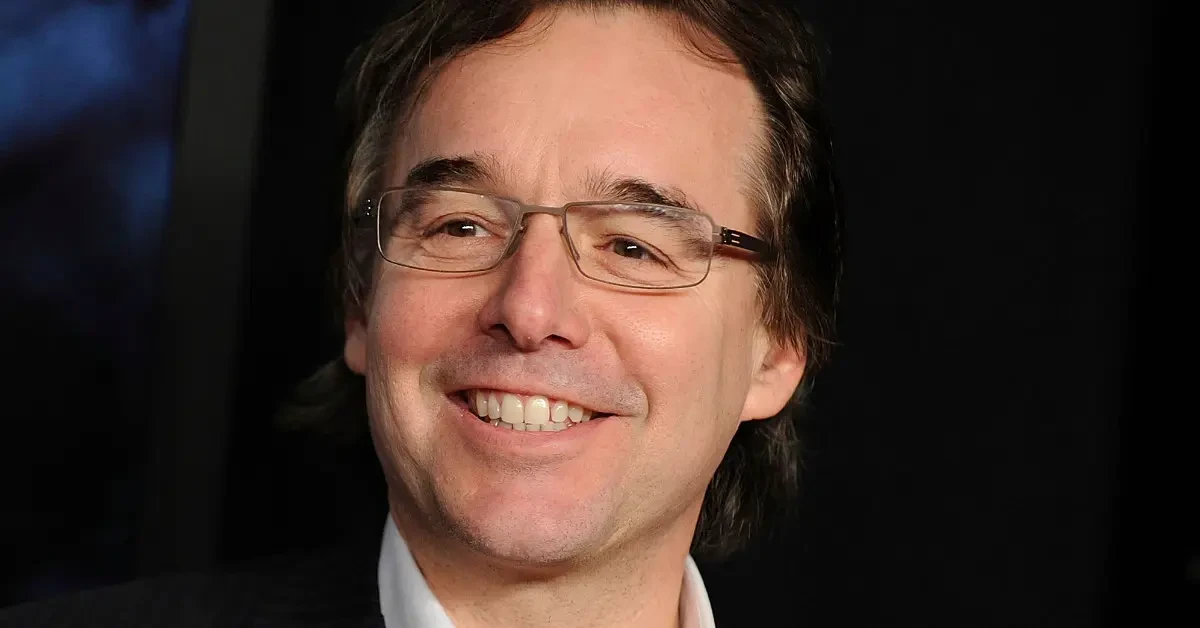
Many directors have been attached to the HP films. Chris Columbus became renowned as the filmmaker to have helmed the first two installments of the acclaimed series: Harry Potter and the Philosopher’s Stone (2001) and Harry Potter and the Chamber of Secrets (2002), respectively. The reception to both projects was warm and welcoming. The franchise was thriving with only two cinematic entries under its belt. Then why was it that Columbus wanted to leave?
In an interview with The Hollywood Reporter, the filmmaker affirmed that the hectic filming schedule suggested no room or space for downtime. Columbus suffered extreme physical and emotional exhaustion following the completion of the Chamber of Secrets. He also yearned to spend time with his children and feared losing out on their childhood. Therefore, an amalgamation of reasons kept the director from coming back for the third installment.
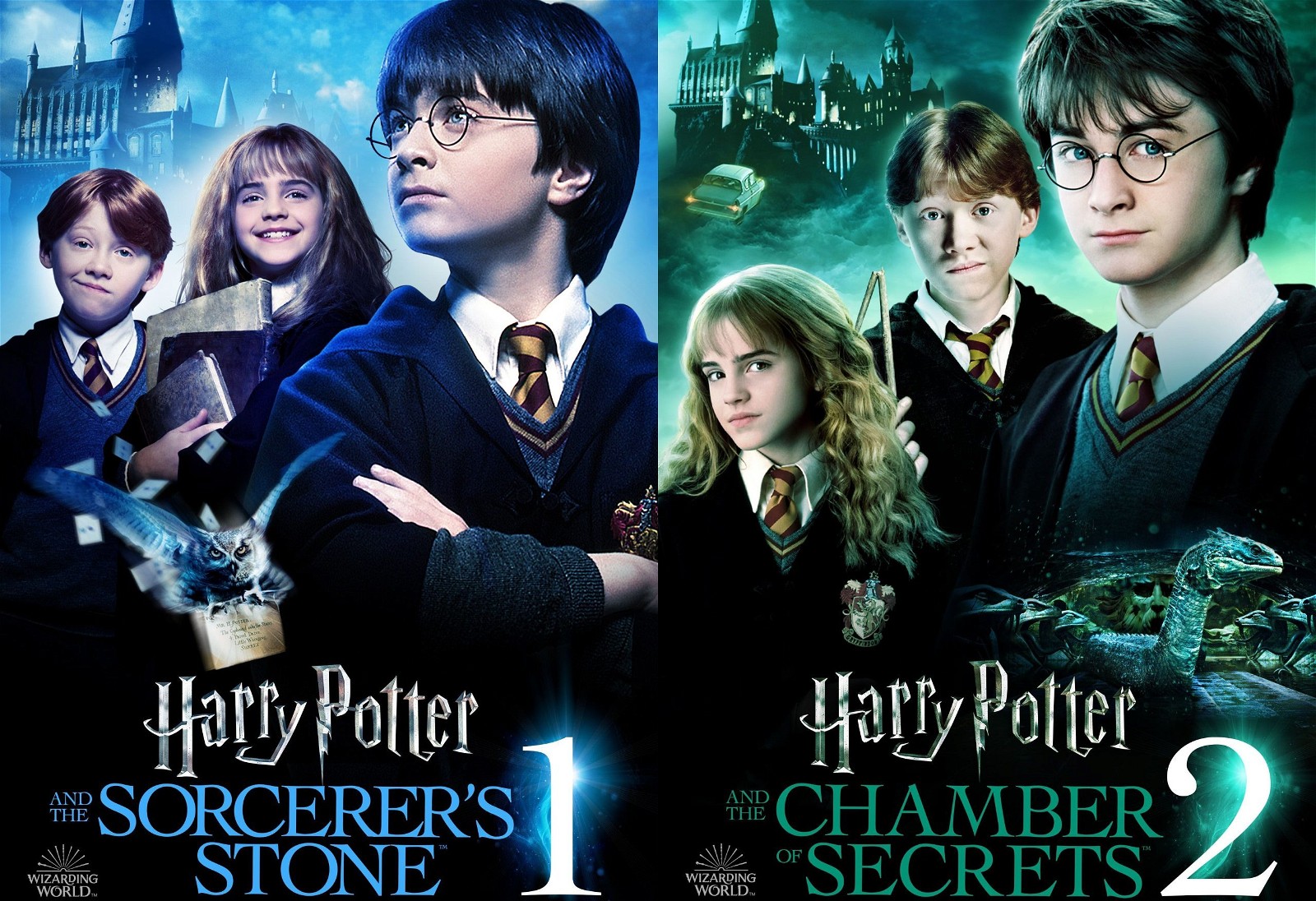
Following was his statement to The Hollywood Reporter:
“Sorcerer’s Stone took 160 days of shooting, which is ridiculously long. And then, immediately after we stopped shooting, we started shooting Chamber of Secrets, which was another 160 days. That’s roughly 320 days—not counting the second unit—back-to-back shooting.”
He emphasized once more how vital it was for him to spend time with his family as he wasn’t getting to see them often owing to his professional commitment to Harry Potter:
“I wasn’t seeing my kids, who were young at the time, growing up. I was missing dinners with them. I thought, ‘I can’t do another six, seven, eight years of this. My kids will grow up and I’ll never get to know them.’”
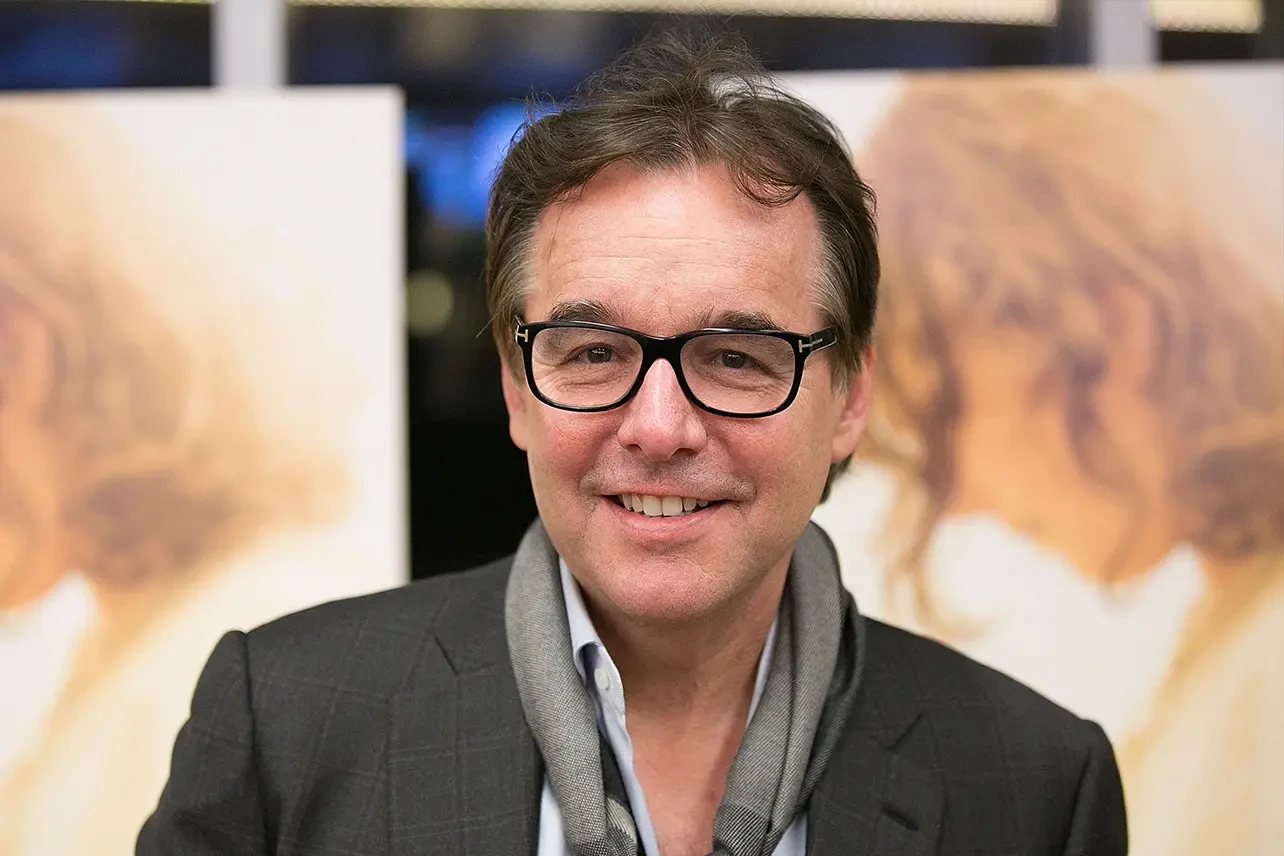
This helplessness transitioned into Columbus deciding to be a producer on the third film, Harry Potter and the Prisoner of Azkaban. The director was able to balance both his private and professional life as a result. He wasn’t required to be on the set constantly. He was offered the choice to stay for a few hours or attend a few meetings. The only distinction was that the revised approach would enable him to get home in time for dinner.
After Columbus stepped down, the next director to be associated with the Harry Potter franchise was Mexican-British director Alfonso Cuarón.
Hiring Alfonso Cuarón For Prisoner of Azkaban Was A Bold Move
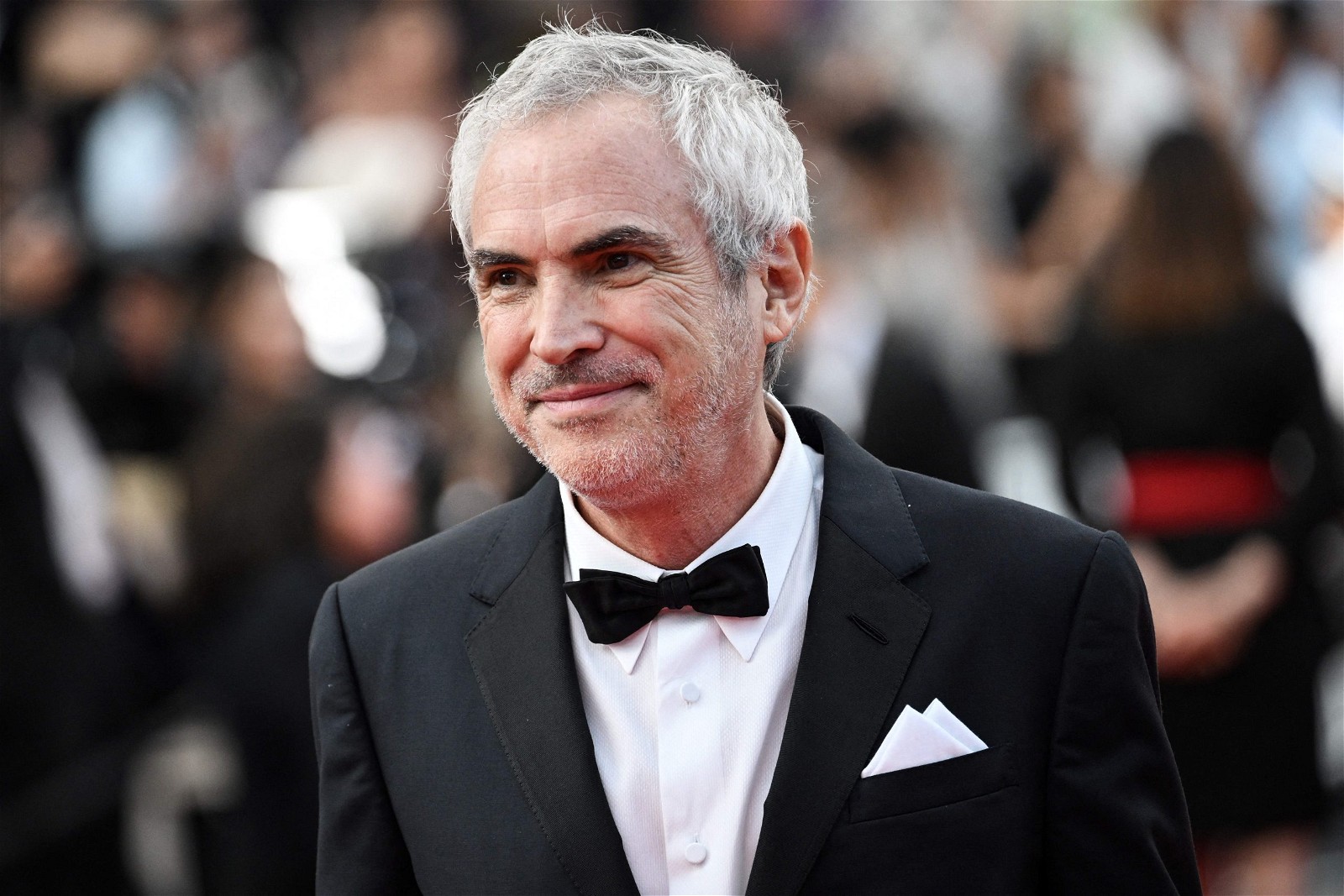
Warner Bros. had to find someone who could carry forward the flair of the past two installments but also bring forth a revitalized energy into the franchise. Several directors were approached. Alfonso Cuarón was first hesitant to lead the pursuit. He was neither acquainted with the literature nor the films. Nonetheless, he would later be convinced by Guillermo del Toro to give the books a shot. Subsequently, he would come to resonate with the story. It was then that he decided to pursue the endeavor.
However, a lot of the fans questioned this choice. Before Harry Potter, Cuarón’s films and stories would delve into mature, sometimes provocative themes. People deemed this unsuitable for a children’s franchise like HP.
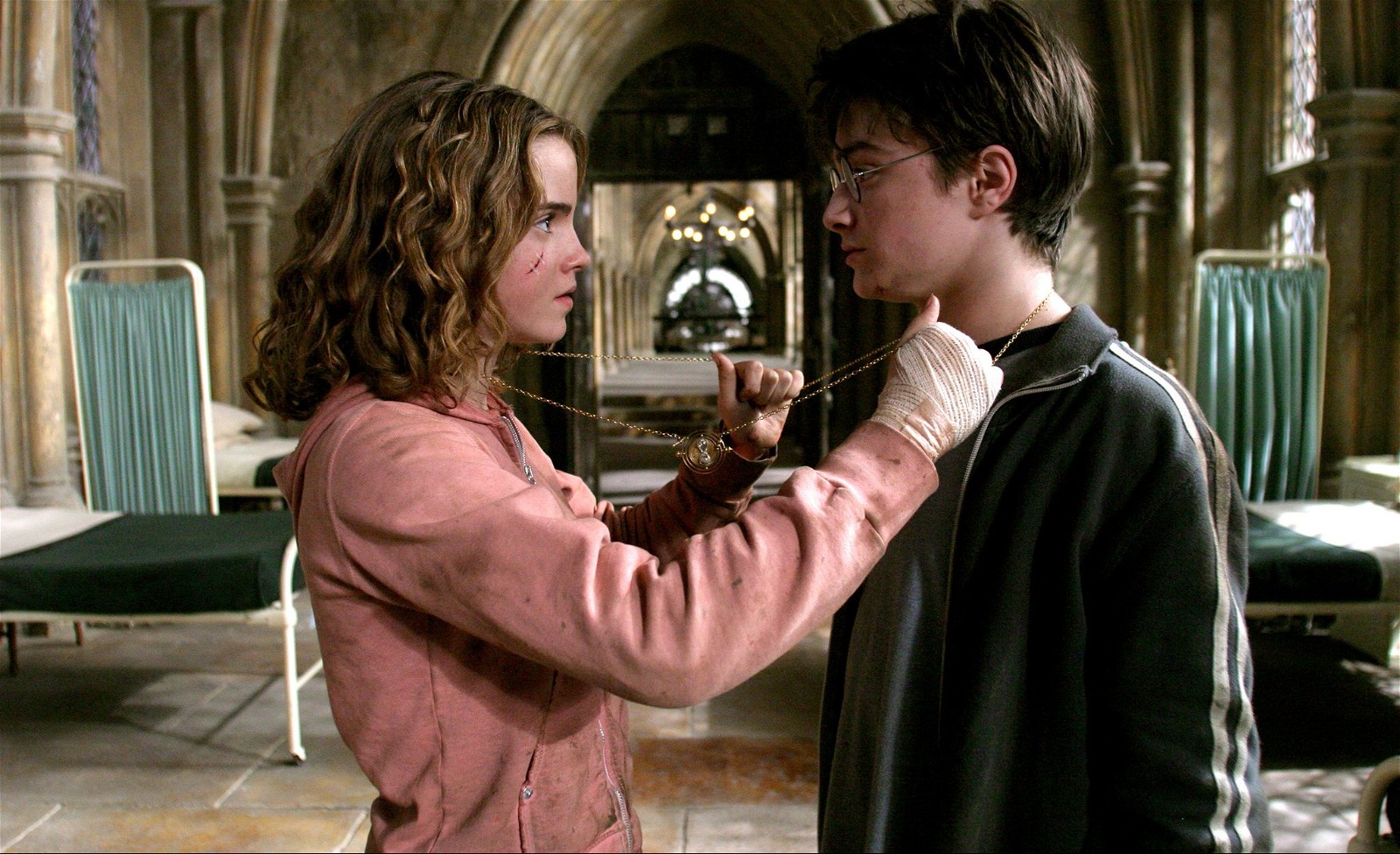
Such doubts would soon fall flat in the face of Cuarón’s creative vision and brilliance. Prisoner of Azkaban would go on to reap favorable reviews from critics. People were impressed by the director’s sophistication. Some applauded him for his courage in bringing more mature, complex, and darker themes into the HP universe. Despite being the lowest-grossing Harry Potter film, the endeavor’s narrative was compelling enough to be deemed one of the best entries in the franchise.
The series’ popularity was furthered by Alfonso Cuarón’s limitless creativity and storytelling prowess, which established the tone for the remaining films in the franchise. Ultimately, the risky decision to get the director onboard paid off beautifully.
All Harry Potter films are available for streaming on HBO Max.
Source: The Hollywood Reporter

